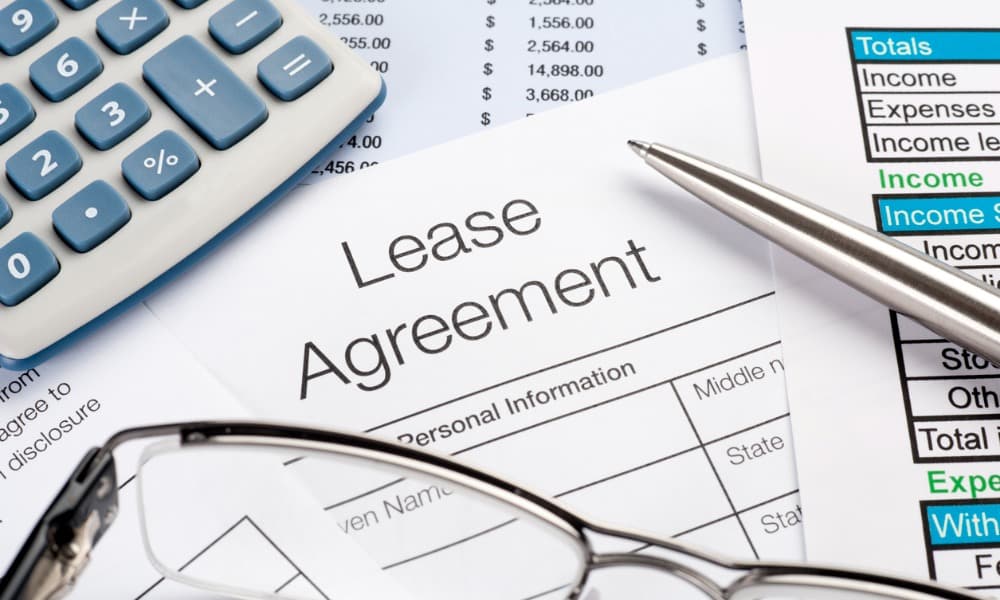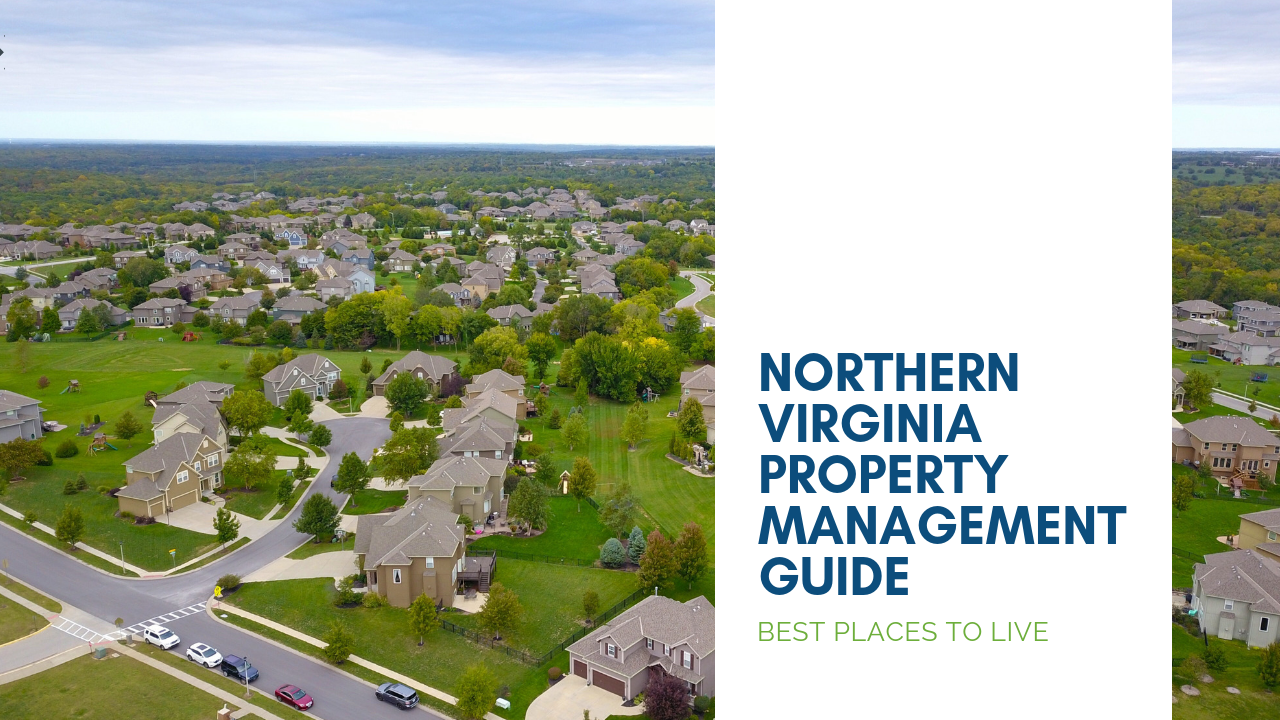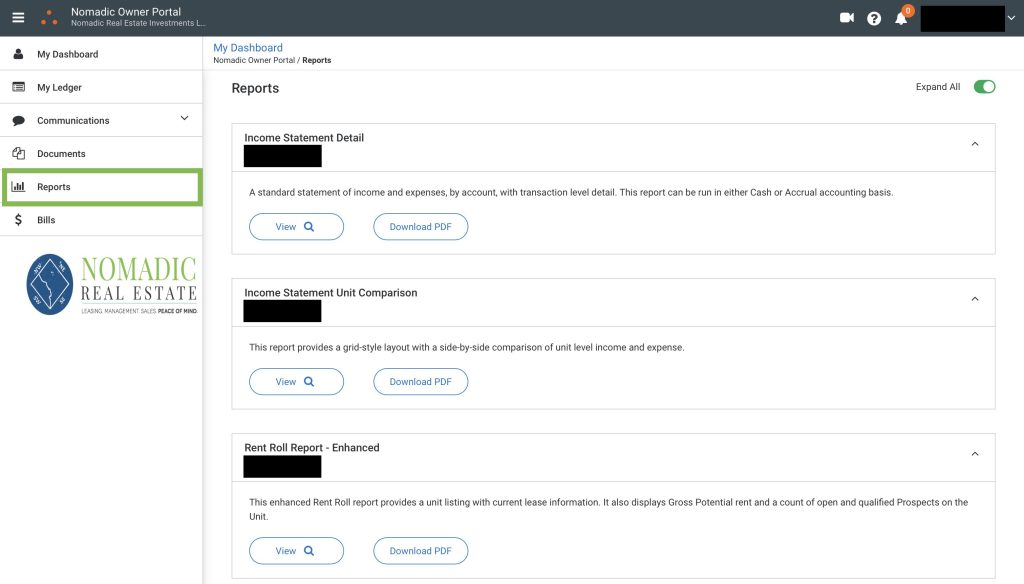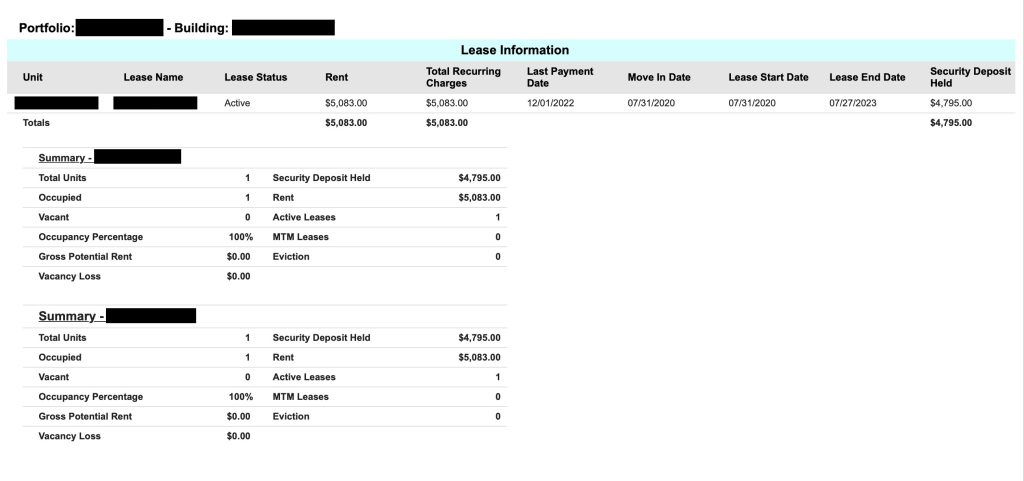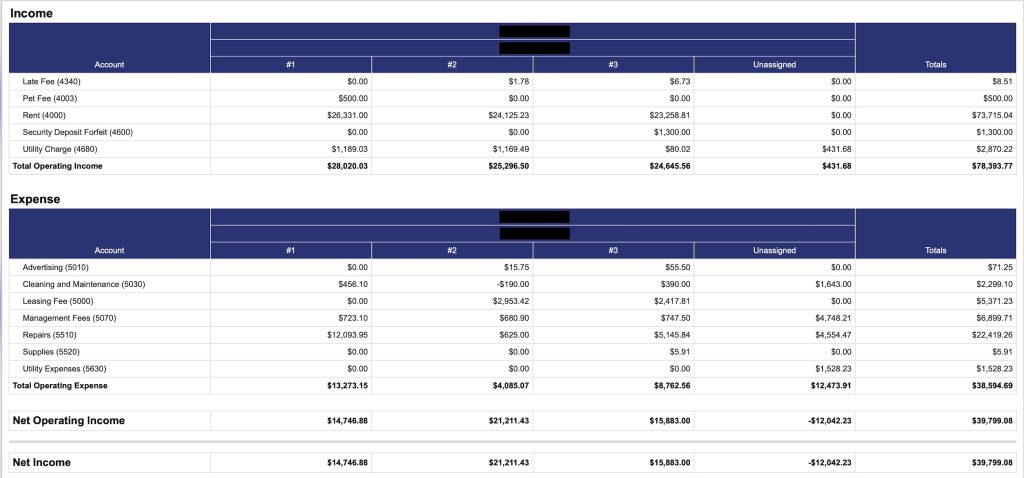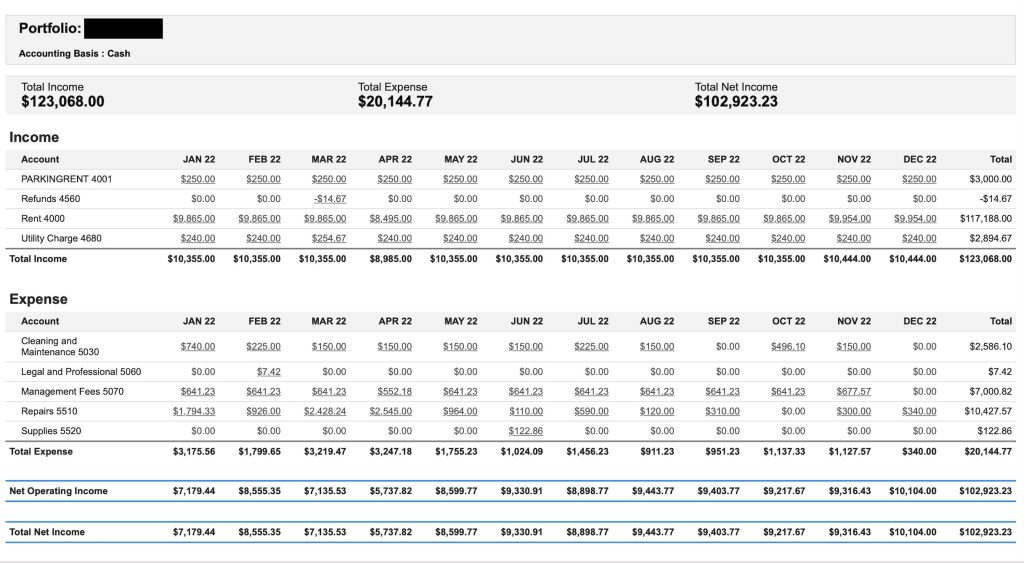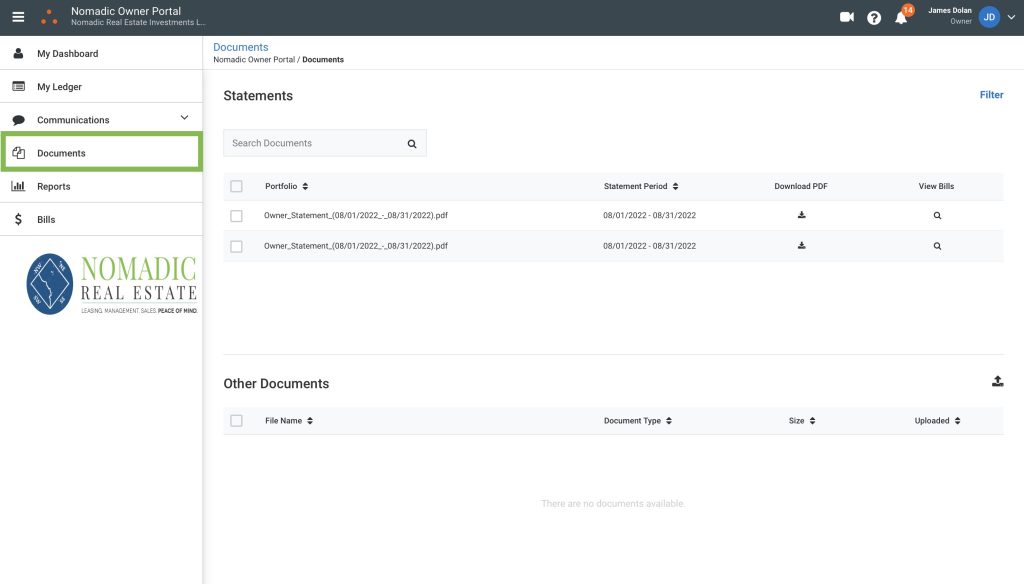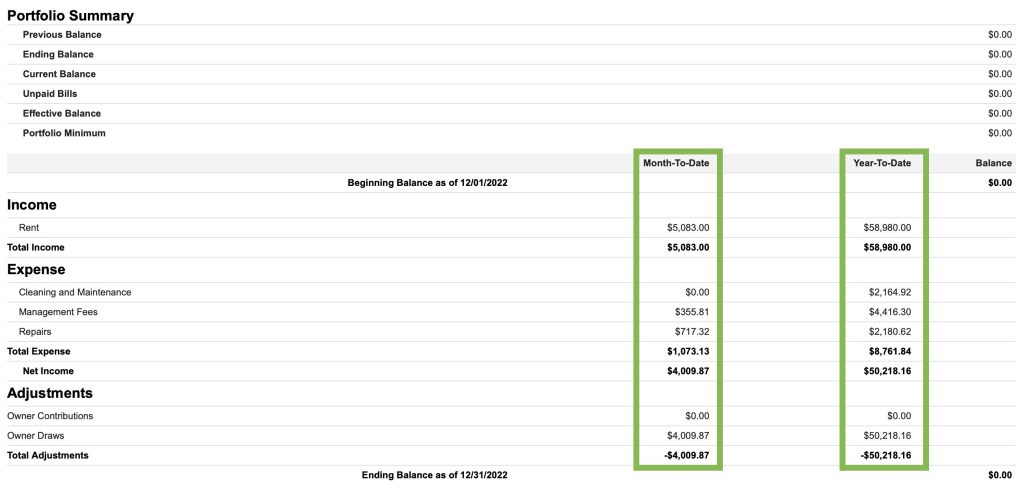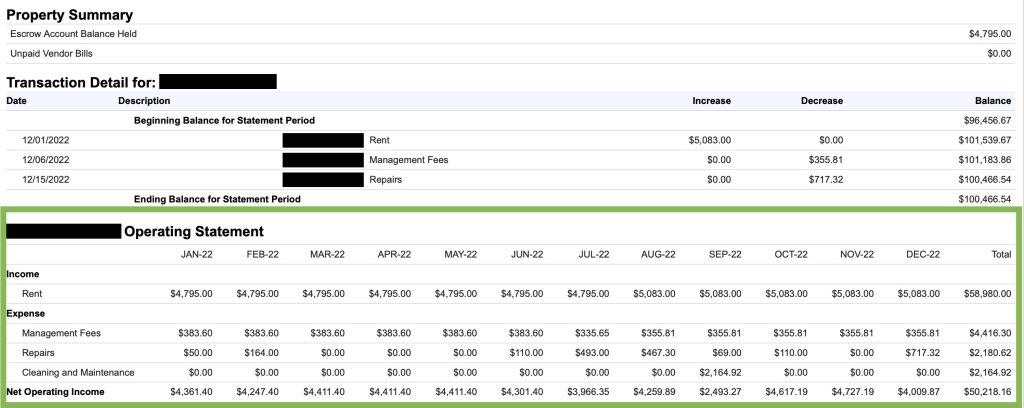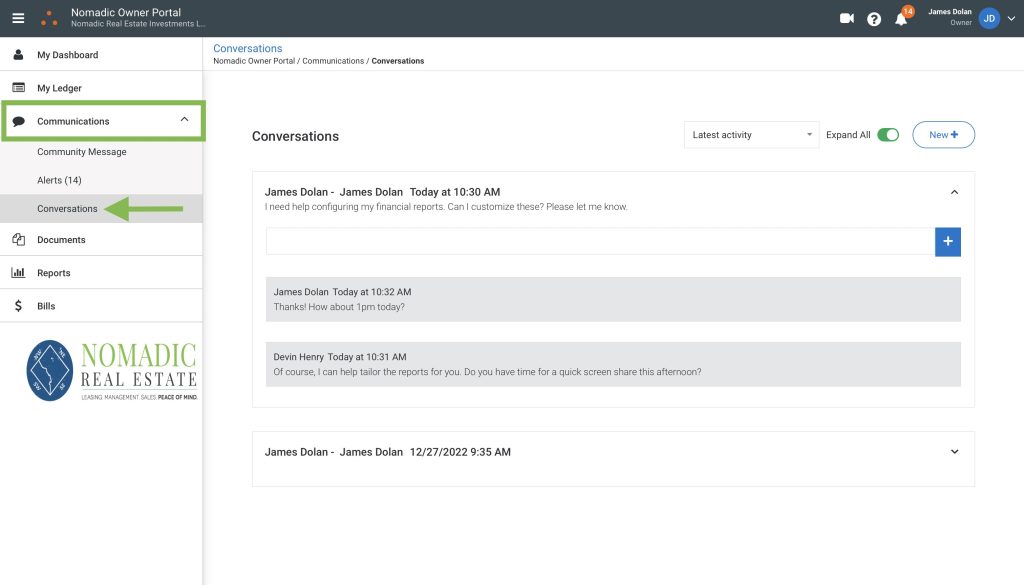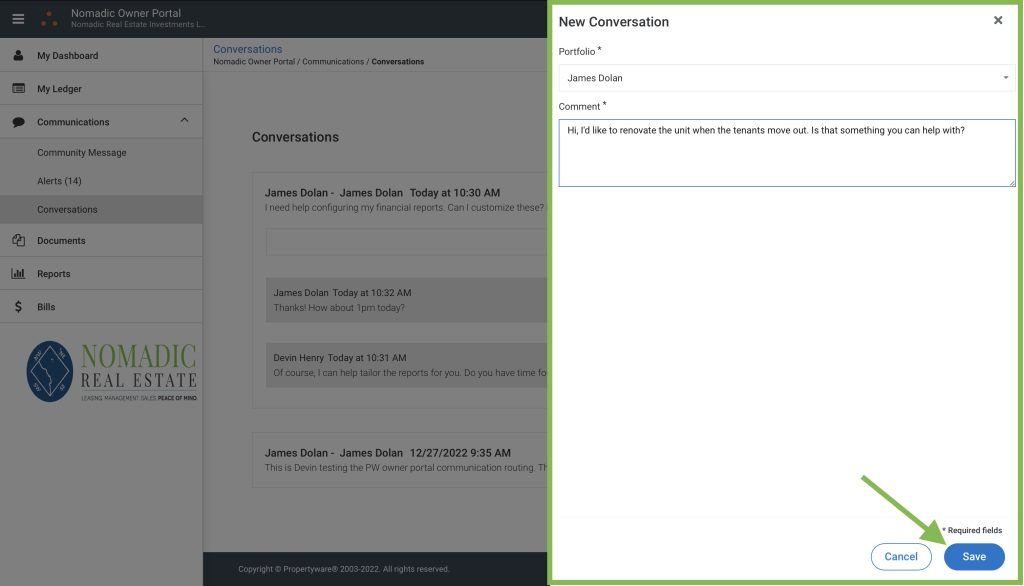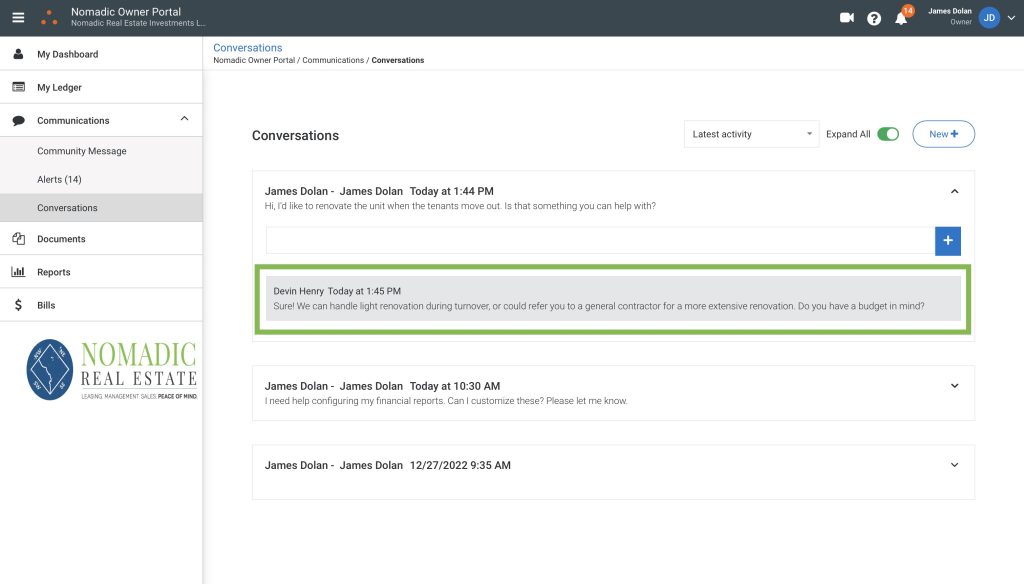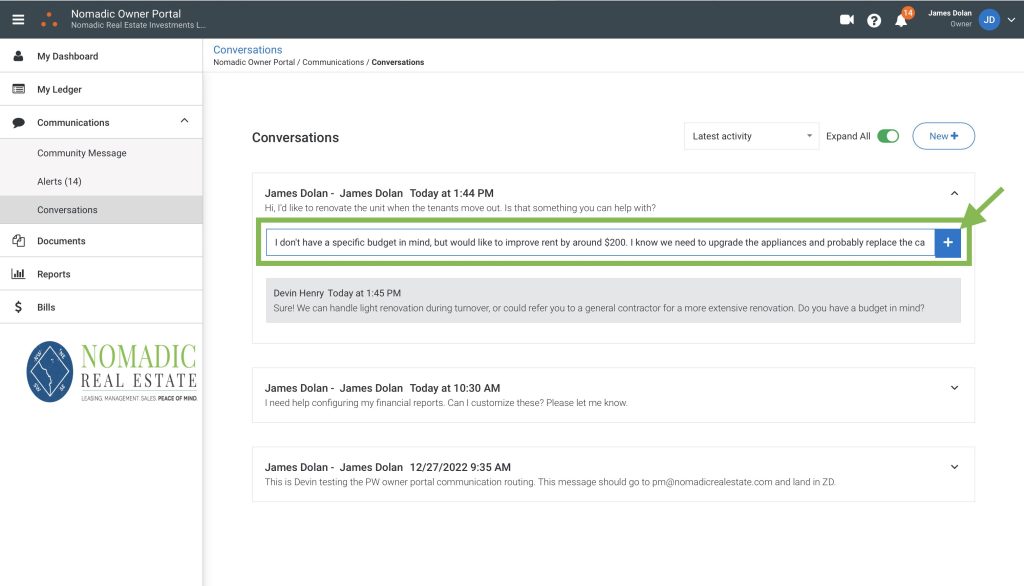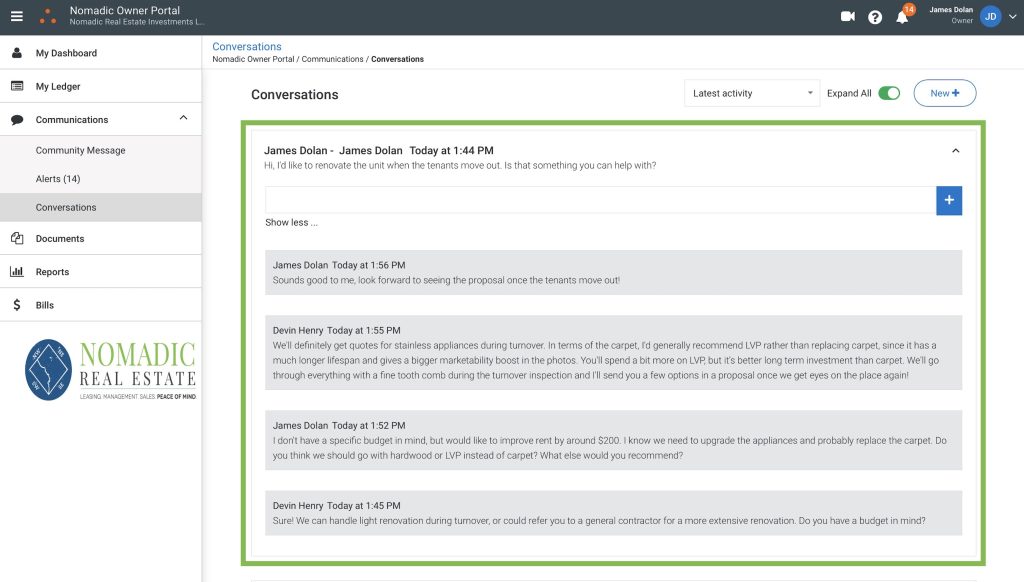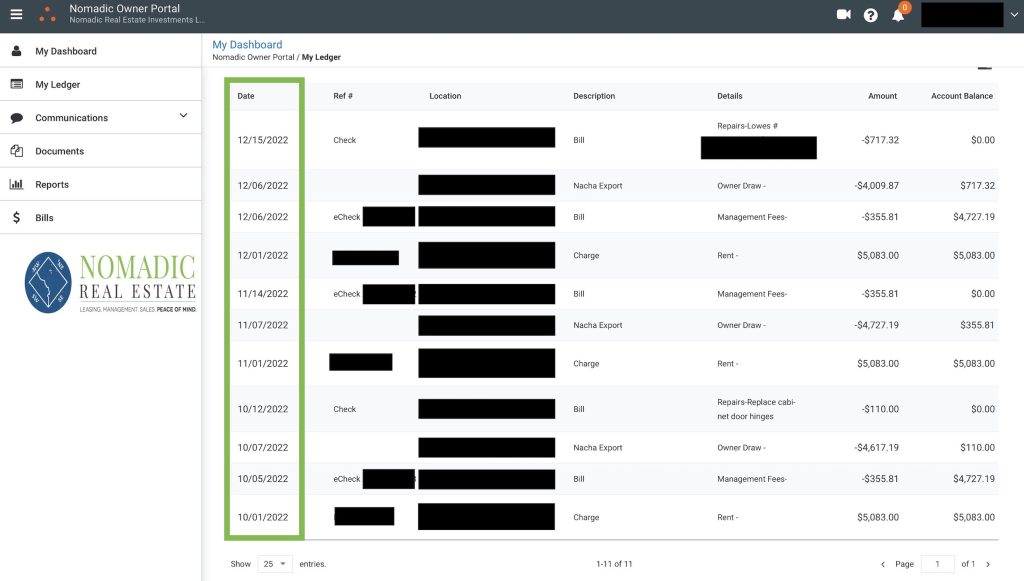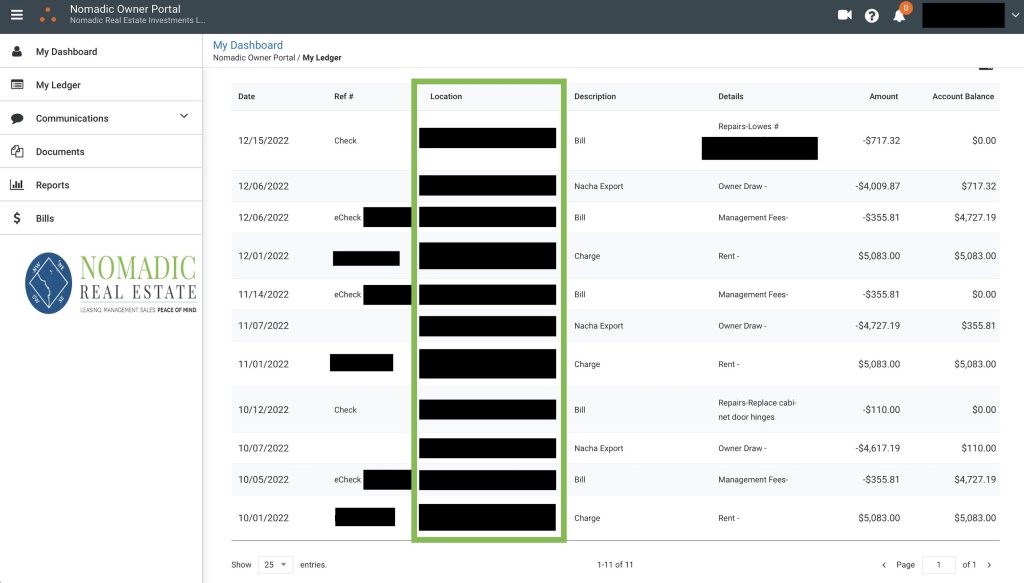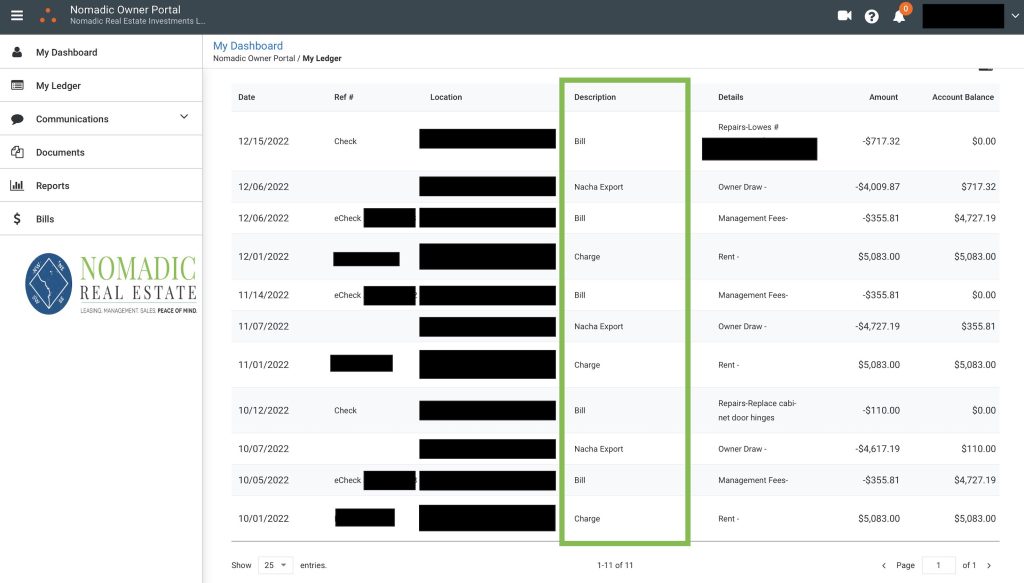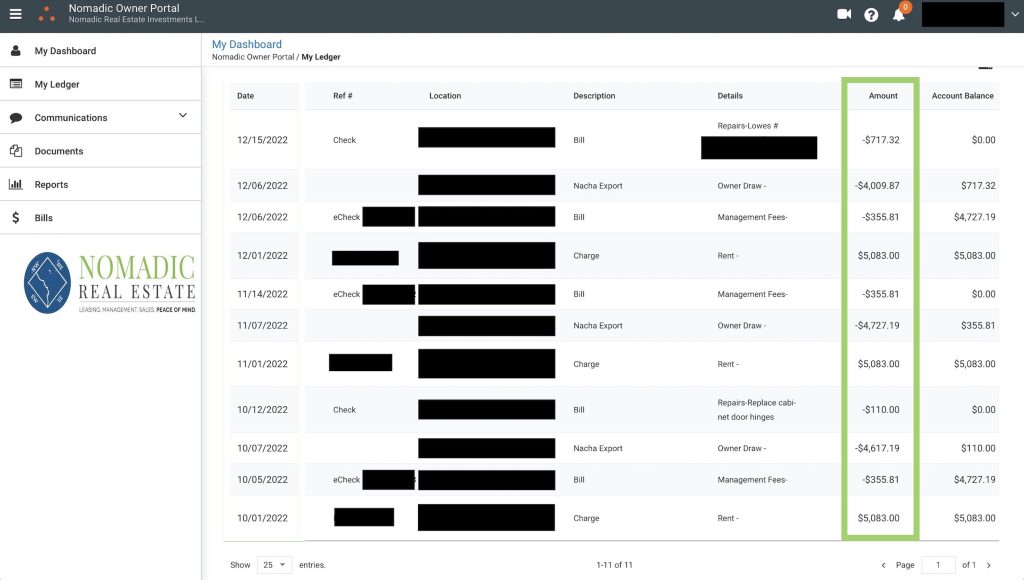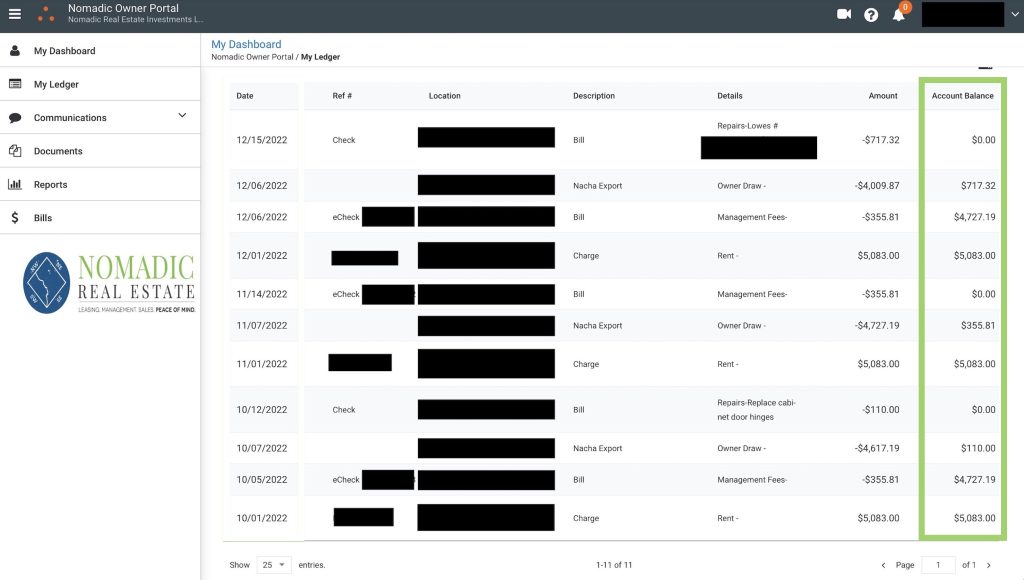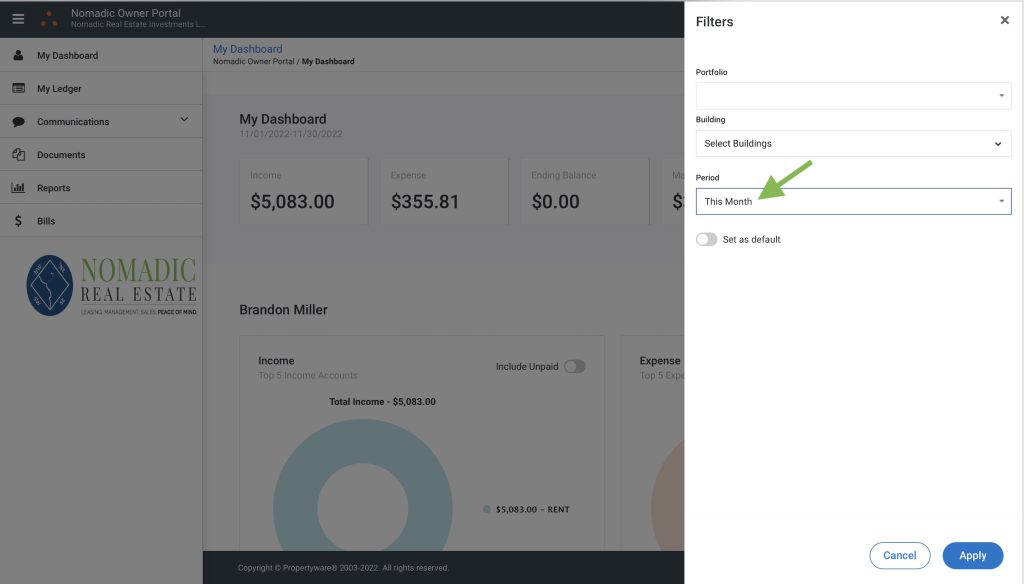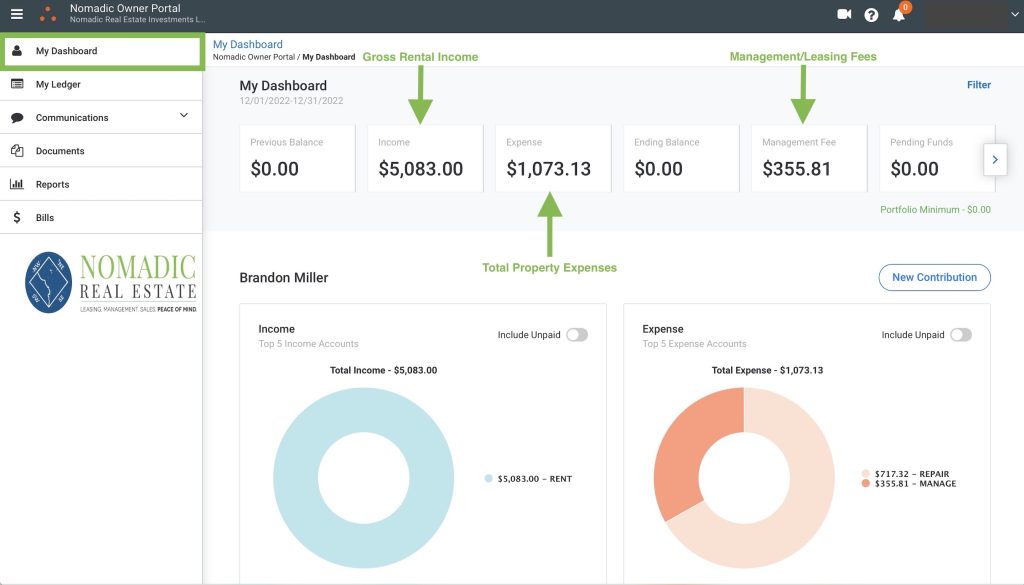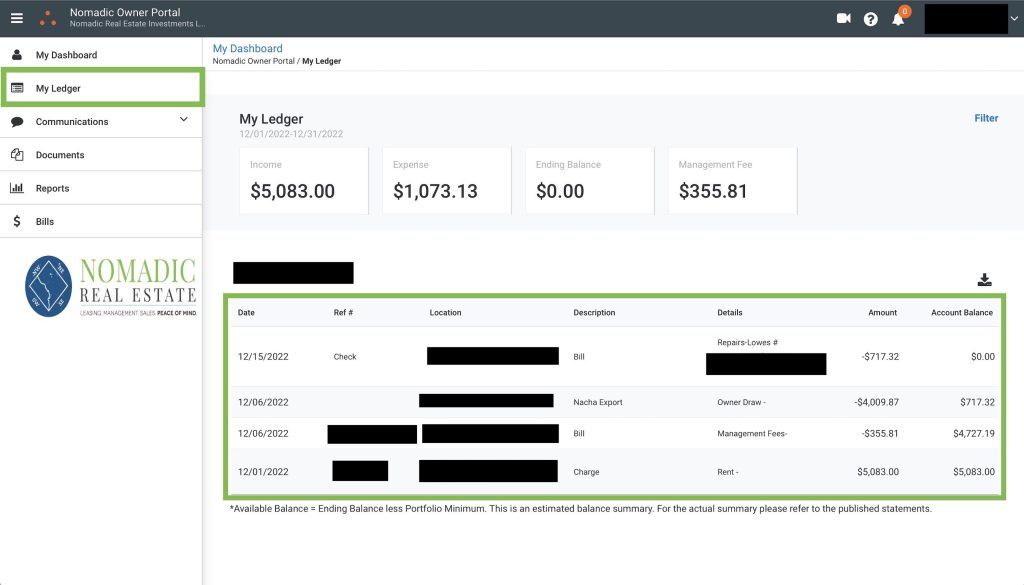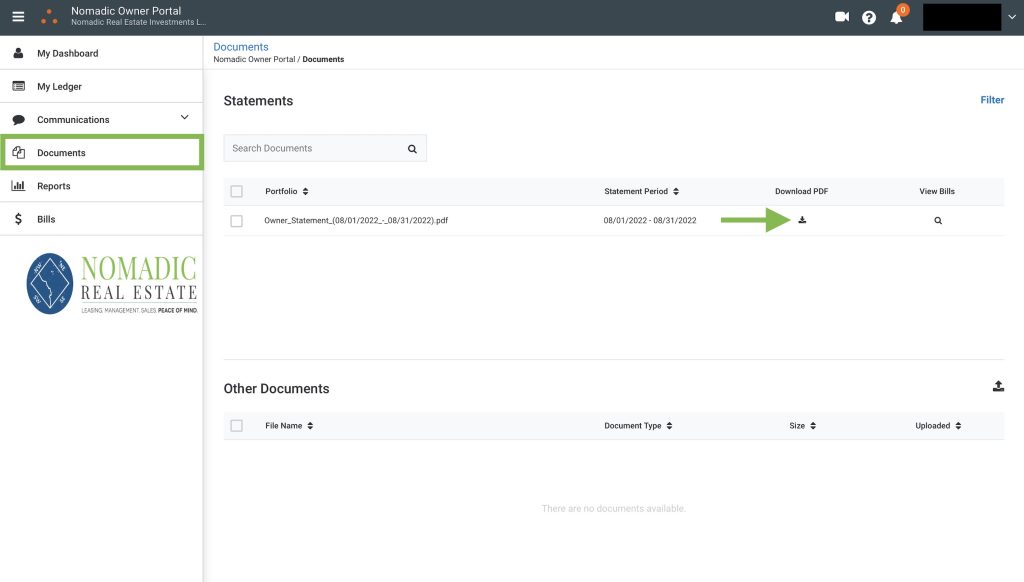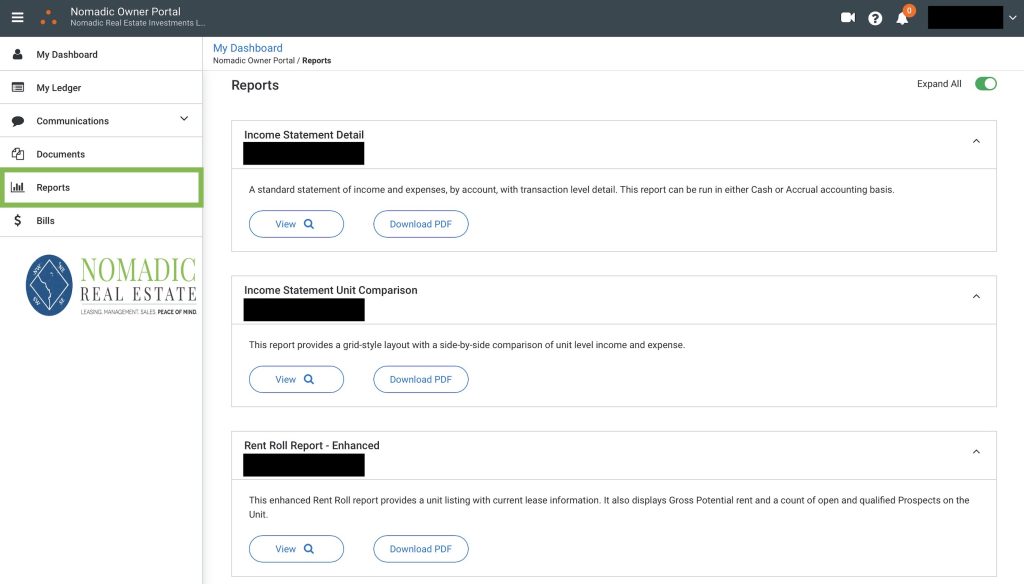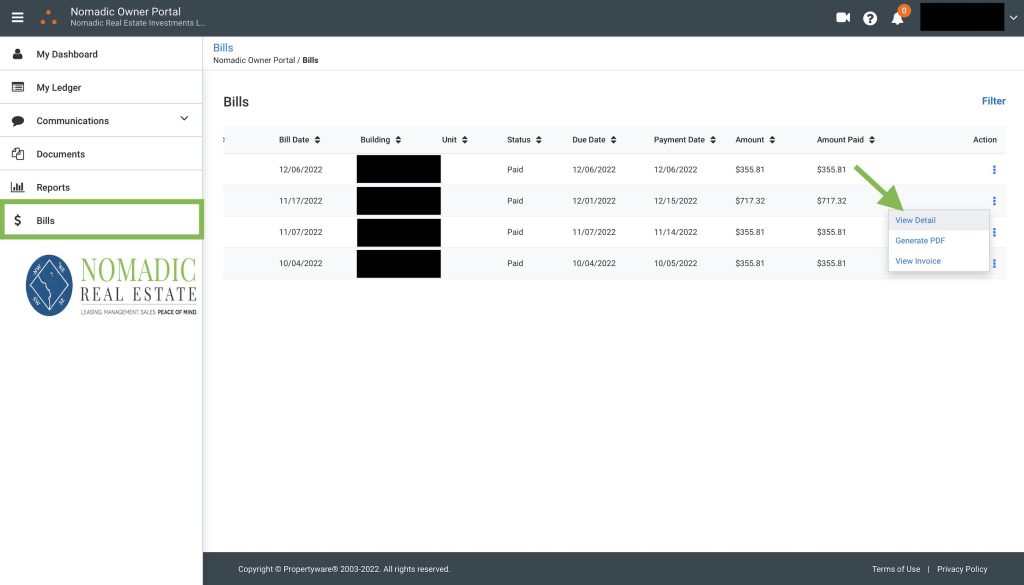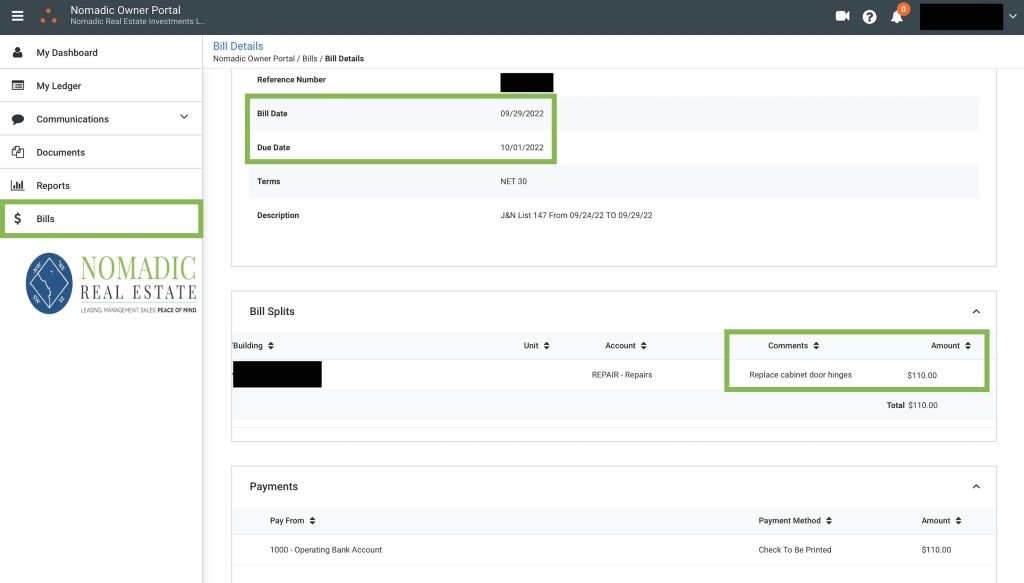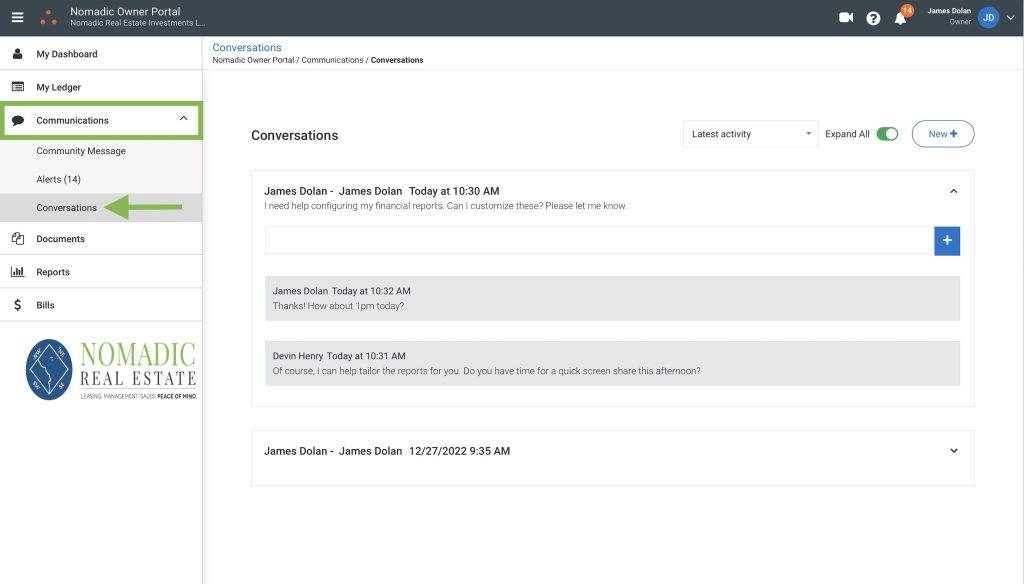Real estate investing is one of the safest investments you can make, but there is a learning curve. You have to do your homework before you invest in your first property to limit your risk and maximize your profit margin.
Before you start looking for properties to invest in, there are some real estate terms you need to know. By knowing real estate investment terminology, you’ll have an easier time negotiating contracts and finding the right property for your portfolio.
We’re going to break these terms down for you in four categories:
- Stakeholder Terms
- Property Terms
- Investment Terms
- General Terms
Stakeholder Real Estate Terms
The first term to define is what a stakeholder is. In any industry, a stakeholder is a person or business that has a direct or indirect relation to the industry. In real estate, that means develops, brokers, buyers, land and property owners, financial institutions, and more.
Property Manager
A property manager is a person or firm that handles the affairs of a property for a fee. They generally take care of marketing a property, collecting rental income, making repairs, and ensuring that the property follows state and local building codes.
Investors use property managers for several reasons. If they live far away from their property, a manager can take care of things on the local level. If they live close-by, they may not understand the ins and outs of dealing with tenants and legal responsibilities. Property managers can protect you from legal issues if you’re looking to invest in property without getting too hands-on.
Real Estate Agent
Agents have a professional license to help people buy, sell, or rent real estate. Every state has different requirements to achieve a real estate license. Agents must take prelicensing training (the number of hours depends on the state) and then pass a written exam.
Broker
A real estate broker represents buyers or sellers. They help facilitate the sale or purchase of a property and tend to work independently. Brokers must have education beyond that of an agent and take a brokers license exam.
Most of the time, a successful real estate agent needs three years of experience before sitting in for a broker’s exam.
There are three types of brokers that you’ll deal with:
- Principal/Designated Broker: These are the people in a real estate firm that oversees licensed real estate agents and make sure that they comply with state and federal laws.
- Managing Broker: These handle the day to day operations of an office. They hire new agents, train them, and manage the administrative staff. Depending on the size of the office, the principal broker may fill this role themselves.
- Associate Broker: This is someone with a brokers license that works under a managing broker. They normally don’t supervise others in the office.
Landlord
A landlord is a property owner that rents or leases their property to an individual or business. Depending on the state that the landlord operates in, there are certain legal obligations they must follow.
Landlords generally take responsibility for any repairs or maintenance on the property. They sign a lease or rental agreement with the tenant that lists the responsibilities of both parties.
Tenant
The tenant is the person or business that rents or leases the property from a landlord. Each state decides the rights of the tenant. The tenant enters into a contract with the landlord, and they’re generally responsible for the cleanliness and everyday maintenance of a property.
Co-Signer
A co-signer is someone that signs a document to guarantee payment. There are several reasons someone might need a co-signer.
If someone wants to lease or rent a property but they don’t have the credit needed, a co-signer will help them boost their score. Bank loans also allow co-signers. A co-signer is a way for lenders and property owners to limit their risk. The second party agrees to fulfill the contract if the initial signee can’t or refuses to.
The co-signer is legally responsible for any payments. Failure to honor the contract they sign makes them just as legally liable as the other parties.
Realtor
While some people use the terms realtor and real estate agent interchangeably, there are important differences between the two. A real estate agent must become a member of the National Realtors Association (NAR) to become a realtor.
NAR has a code of ethics that every realtor must follow. They must meet the requirements of both a real-estate agent and broker and also pass a test on the NAR code of ethics before becoming a realtor. To maintain their title, they must also pass their certification once every four years.
Know Who You’re Dealing With
Understanding these terms will help you know who you’re dealing with. A real estate agent doesn’t have as much experience in drafting contracts, investments, and construction. If you need assistance in these areas, a broker is your best bet. A realtor will have that knowledge as well but even more experience.
Property Terms
These are terms that define the different types of property you can invest in. Each type of property has advantages and drawbacks. The type you invest in will depend on your financial means, availability, and how much work you want to put into your investment.
Here are the real estate terms to know when choosing a type of property to invest in.
Rental Property
A rental property is any style of home or commercial building that you rent to tenants in exchange for money.
Investing in rental property can provide you with a good source of income and provide certain tax benefits. You can write off mortgage interest and depreciation, which motivates many investors. However, you also have to worry about finding tenants and dealing with maintenance and repairs.
Working with a property manager can alleviate most, if not all, of the issues in rental properties. They allow you to take a hands-off approach and still receive income from your property.
Single Family Homes
These homes are stand-alone units. They don’t have common walls or a common roof, sits on a dedicated parcel of land, a private entrance, and only one set of utilities. It’s meant for a single person or family to use privately.
These homes are built for one owner, with that owner having an undivided interest in the property.
Multi-Family Homes
These homes are a single building that’s divided into separate living areas for different individuals or families. These can include duplexes or small buildings with up to four units.
An important note is that if you, as the owner, live in another property separate from this home, you’re considered an investor. This designation will change the way banks view you when you apply for a mortgage.
To classify as a multi-family home, each unit should have a bathroom and kitchen, address, and entrance. Each tenant has an interest in the property.
Townhouse
A townhouse is a single-family home that features at least two floors and has a shared wall with another home. Each townhouse has an individual owner.
These homes are popular in areas with limited land and where there are high property taxes. Investors can get more for their money by placing multiple townhouses on a single parcel of land, collecting money from each while only paying taxes for the single plot of land.
Congested areas, such as Washington DC and New York, have more townhomes than areas in the middle of the country where land is abundant.
Duplex
A duplex is a single home that’s divided into two apartments with a separate entrance. These homes are popular options for new landlords as they can double their income while keeping their initial investment low.
The two units can be either side by side or stacked on top of each other. The main feature is that there is a shared wall and that the lot line doesn’t run through the wall, as it does with a twin home.
English Basement
These are the finished lower level of a building that’s rented out to a tenant. English basements are very popular in Washington DC among new arrivals and life-long residents.
One of the things that define an English basement is the layout. They are partially above and below ground level. Most have a private entrance, but some of them have a shared entrance.
Investors with a home can increase their earning potential by upgrading drainage and adding sound insulation, along with a bathroom and kitchen, into the basement. There’s often some partitioning of the space, as water heaters for the upstairs living areas are in the basement. There are some other steps that you must take in DC before renting out the space, which you can find out about here.
Condo/Condominium
While condos and apartments may seem similar on the surface, there is an important difference. Condominiums are private residences owned by an individual or family.
Most condos are in large buildings, but some are standalone units. What makes a standalone unit a condominium is that there are shared spaces, such as recreation areas, yards, pools, etc.
The owners of the condominiums pay fees to an elected board that uses these funds to take care of landscaping and maintenance. The owner of a condo is responsible for everything that happens inside of their walls, while the board handles everything outside of it.
When you own a condo, you gain equity over time and don’t have to worry about dealing with yard work and maintenance. They make a great grab and hold investment, but you should contact a professional to make sure that the condo you invest in is in an ideal area.
Apartment
An apartment is similar to a condo in that there are shared walls and common areas. Any residential space that’s rented to another individual or family is an apartment, whether it’s in a single-family home or a complex.
The difference between a condo and an apartment is in that word ‘rented’. Someone living inside of an apartment is a tenant, whereas condos have individual owners.
There are several types of apartments, including:
- Garden apartments: These units are on the ground level of a property that’s usually landscaped (thus the name ‘garden’).
- Loft apartments: Lofts are an apartment inside of a building that was originally meant to serve industrial purposes. These apartments tend to have brick walls and some features from the industrial history of the building still intact. Investing in a loft is a great strategy, as renters prefer them over traditional apartments.
- Penthouse: Traditionally, penthouses were on the top of buildings and considered the residential space. Now, the word penthouse has become a marketing term that means an apartment has luxury amenities. They can be on the bottom or top floor, or sometimes even in the middle. There are entire communities that now market every apartment as a “penthouse”.
- Studio Apartments: These apartments feature a bedroom, living room, and kitchen inside of a single open space. The bathroom is usually the only area of the studio with a separating wall. These are often popular in highly populated areas. Young professionals and college students tend to look for them to save money on rent.
Homeowners Association (HOA)
An HOA is an organization that enforces and makes rules for planned communities, subdivisions, and condominium communities. Anyone that buys a property inside the jurisdiction of an HOA automatically becomes a member and must pay dues to the organization.
Before investing in a property, you should see if it falls in the jurisdiction of an HOA. If so, you’ll need to carefully look over the rules that they enforce. Some of these organizations can enforce arbitrary rules and have strict guidelines for what you can and cannot do.
Roughly 70 million people in the United States live in communities governed by an HOA. While many investors avoid these communities, some prefer them because they help maintain property values.
Understand What Type Of Property You’re Investing In
When deciding what type of property to invest in, it’s important to think about your potential tenants, the area you’re investing in, and the amount of effort you want to put in. Now that you know the real estate terms that define each type of property, you can do more research to see which option is best for you.
Real estate investing in Washington DC can get tricky, which is why you should work with a professional company that has experience in this market.
Investment Terms
There are several basic investment terms you should know before you start looking for properties. These real estate terms will help you evaluate the potential value of a property and whether they’re a good fit for you.
Net Operating Income (NOI)
To get the NOI of a property, you determine the revenue from the property and subtract the reasonable operating expenses. This figure doesn’t include taxes, as that’s on the income and cash flow statement.
This number will tell you how much you can reasonably expect to make from an investment property, although unforeseen costs can affect your actual revenue.
Return On Investment (ROI)
Your ROI will tell you how much money you can make on an investment as a percentage of the cost. To get this number, you’ll subtract the cost of investment from the gain on investment, and divide that number by the cost of investment.
For example, let’s say that you buy a home for $140,000. You spend $15,000 on remodeling the home and closing costs. If you sell the home for $220,000, you would subtract $155,000 (cost of the home plus remodeling and closing cost) from $220,000, which gives you $65,000. You would then divide that by $155,000, which gives you an ROI of 41.9%.
If you were to rent the home to a tenant for $1,500 a month, you would make $18,000 for the year. Let’s say that you pay $300 a month in water, taxes, and insurance. Your total cost for the year would be $3,600, making your annual return $14,400.
You would then divide $14,400 by $155,000, giving you an annual ROI of around 9%. Depending on your needs, a professional property management company can help you decide which option is best and help you maximize your ROI.
Cap Rate
The capitalization rate helps you determine the rental income potential of a property. This number determines the yearly income generated by a property if you purchase it using your funds and not through financing.
To get this number, you simply divide the net operating income by the current market value. While many people use this number to determine the value of an investment, it’s important to remember that the cap rate is the sole determiner of a property’s value.
The cap rate doesn’t take property improvements, account leverage, and other factors into account.
Cash on Cash Returns
This metric measures the yearly return an investor will see compared to the mortgage they paid. To get this number, you’ll divide your annual pre-tax cash flow (APTCF) by the total cash invested.
Your APTCF is (the gross scheduled rent plus other income) minus (vacancy plus operating expenses plus annual mortgage payments). This metric tells you the performance of your investment if you borrowed money to buy your property.
Internal Rate of Return
This metric tells you how profitable a potential investment is. It’s important to use this number whether you’re buying your first investment property or you’re planning on adding to your property portfolio.
Debt-to-Income Ratio (DTI)
To get your DTI, you’ll divide your monthly debt payments by your gross income. Monthly debts include student loans, car payments, credit card payments, and other types of recurring debt. This number impacts your ability to get a home mortgage. Most lenders prefer those with 36% or lower DTI.
Debt Service Coverage Ratio (DSCR)
Your DSCR helps determine your ability to pay back a loan based on a property’s performance and income. It examines the relationship between a property’s annual NOI and principal and interest payments.
Most lenders prefer a DSCR between 1.25 and 1.5, meaning that they want the property to produce between 25% and 50% extra income after all you pay your debts. This will let you know how large of a loan you can get if you plan on investing in commercial real estate.
ARV (After Repair Value)
This metric tells you the projected value of a home after you make repairs to it based on comparable properties in the area. Many investors use this number to determine if a home is worth buying and fixing it up to flip it or rent it out.
There are a few issues when determining the ARV. First, if you buy a home that needs repairs, there’s a good chance that unexpected costs will come up. A home that seems like it only needs cosmetic repairs is often hiding something more expensive.
Second, you’ll need to have an accurate estimate of how much repairs cost, which varies depending on where the property is. There’s a difference in cost for a property in Alexandria vs. Bethesda. Working with a professional management company can help you gauge the costs of fixing a home more accurately.
Equity
Equity is the amount of money you’d have if you paid off the mortgage and sold the home. If you owe $50,000 on a home and sell it for $100,000, your equity is $50,000.
You might not have $50,000 left after selling though. You have to factor in agent fees, taxes, and closing costs to get an accurate estimate of what you would walk away with.
Cash Flow
Cash flow is the amount of money you have after expenses. While some people only take the amount of rent that they receive and subtract the mortgage payment they make, that doesn’t produce an accurate picture of how much cash flow you have.
You also have to factor in vacancies, repairs, insurance, and other expenses. If you don’t, you could start spending money you don’t have. Using a professional property management company can help you accurately gauge cash flow, as they’ll keep accurate records of expenses for you.
Appreciation
Appreciation refers to how a property’s value grows over time. Several factors can influence appreciation, such as the national economy, local economy, growth of a neighborhood, businesses opening around a property, a park getting built nearby, and more.
Depreciation
Depreciation refers to a property losing value over time. Much like appreciation, several factors affect it as well. If a city loses jobs, natural disasters, the economy, being in a high crime area, and more can hurt property values.
Profit and Loss Statement
A P&L sheet shows an investor’s operating performance by measuring income against losses. All sources of income and loss should be reported, including the sale of real estate, rental income, appreciation, and investments. You should also include losses such as taxes, repairs, maintenance, depreciation, and more.
Vacancy Rate
Rental properties don’t make money if they sit vacantly. The vacancy rate is the number of available units that sit vacant either because no one will rent them or they aren’t ready for tenants.
Investors should look at vacancy rates and determine what the driving force behind a high rate is. If the vacancy rate is high due to neglect, an investor can either negotiate a lower price for the property or determine that it wouldn’t be worth the repair costs to buy.
General Real Estate Terms
Many of these terms will appear in any leases you prepare for future tenants. You should understand them and be able to explain them to potential tenants before deciding to invest in real estate.
Security Deposit
A security deposit is money that a tenant puts down before moving into a rental property. This money helps protect the landlord/investor from damages.
The money goes into an escrow account until the tenant moves out. Any damages (other than normal wear and tear) gets taken out of the deposit with the remainder going to the tenant.
Sometimes when you buy a home, the seller may want a deposit before taking the house off of the market. This is to recoup them any money they’ll lose from potential buyers in case a buyer backs out of the sale.
Lease Agreement
A lease is a contract that requires the lessee (tenant) to pay the lessor (owner) a set amount of money per month for the right to occupy a home. The lease spells out the rights of both the tenant and landlord while also establishing rules for the use of a property.
You should either have a lawyer draft a lease for you or use a professional rental management company.
Lease Term
The term of a lease determines the length of the agreement between the tenant and landlord.
Lease Renewal
If both parties agree, they can renew a lease. A renewal extends the time of the lease’s agreement, usually by the same amount of time of the original lease. If there are any changes in the lease, the tenant must know about them before signing.
Month-to-Month Tenancy
In a month to month agreement, a tenant agrees to rent the property for one month at a time. The owner of the property or the tenant can end the agreement, usually with a certain amount of notice spelled out in an agreement.
Many leases offer month-to-month tenancy at the end of a lease agreement. It’s important to note that a landlord can increase the rent with each new agreement, meaning the tenant might rent for one month at a rate and then be required to pay more the next month.
Lead-Based Paint Disclosure
This is a form that’s used to notify a tenant that any home built before 1978 may contain lead. Many paints before 1978 included lead as an ingredient, making them unsafe for some people, especially those with small children. This form is a requirement in all lease agreements.
Section 8
Section 8 allows the federal government, through the Department of Housing and Urban Development, to issue vouchers to renters to help them find affordable housing. The government pays the difference between the rental cost and 30 percent of the renter’s income using housing assistance payments (HAP).
These vouchers go to low-income families, seniors, or those with disabilities.
Equal Housing Opportunity
This covers the set of laws that govern the behavior of landlords and property owners. This covers the Civil Rights Act of 1866, the Fair Housing Act, Americans with Disabilities Act, Equal Credit Opportunity Act, and State and Local laws.
Fair Housing Act
Under federal law, you cannot discriminate against anyone based on race, color, sex, handicap, familial status, religion, or national origin.
Amenities
Amenities are features of a property that improves its value in the eyes of buyers or tenants.
Amenities include property-specific items, such as a home office, private swimming pool, carpet (or hardwood, both could be an amenity), vaulted ceilings, etc. They could also include public things, such as nearby parks or shopping centers.
Comparative Market Analysis
When determining the value of a property, it’s beneficial to look at other similar properties in the same area. This is a comparative market analysis. This lets owners know what price to list their home at and helps buyers know what a fair asking price is.
Eviction
An eviction is the legal removal of a tenant by a landlord. There are several reasons for eviction, including the failure to pay rent, illegal activity, not living up to the terms of the lease, creating an unfair burden on other tenants, and more.
The difficulty of evicting a tenant depends on the state your property is in. A professional rental company will know the local rules and how to get tenants that have violated their lease out.
Landlord-Tenant Law
These are the state or municipal rules that govern the relationship between landlords and tenants. Both parties have certain rights that the local government legislator.
These laws cover everything from how much of an eviction notice you must give someone to whether you’re allowed to ever enter their home without permission.
Renters Insurance
Renters insurance covers the tenant in the case of a natural disaster, theft, or other issues. Some landlords require their tenants to get renters insurance while others don’t.
This insurance generally covers the tenant’s possessions but not the actual structure.
Tenant Screening
This is the process of checking a tenant’s background information and credit to determine whether they meet your requirements. Some landlords check credit reports while others only want to see that a potential tenant hasn’t gone through an eviction.
Landlords also check criminal background reports, especially if they’re renting an apartment. These reports can take up a lot of time and money though, which is why property managers have become a popular option for investors.

Do You Need Help Investing in Washington DC Real Estate?
Now that you know the important real estate terms, are you ready to go out and start looking for your first investment?
If you plan on investing in real estate in or around Washington DC, it’s best to work with a professional property management company that knows the local market.
Here at Nomadic Real Estate, we can help you find properties to invest in, find tenants to fill your vacancies, and then manage those tenants. You’ll be free to enjoy the fruits of your labor without having to worry about evictions, background checks, and rent collection.
Contact us today to find out how we can help you succeed!


